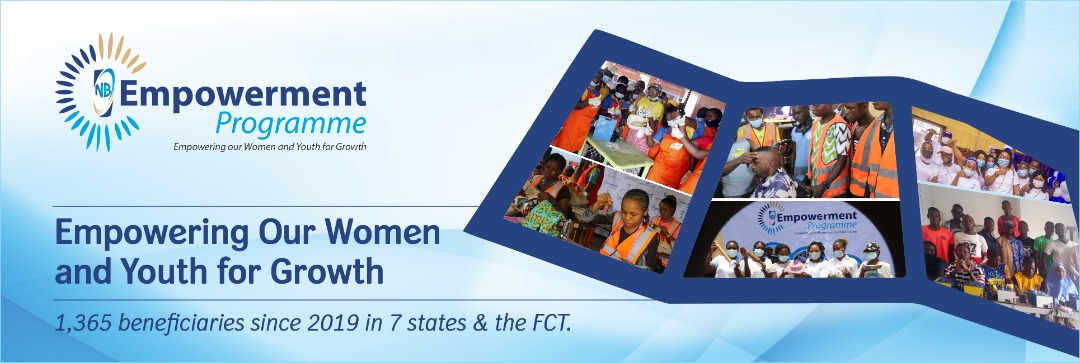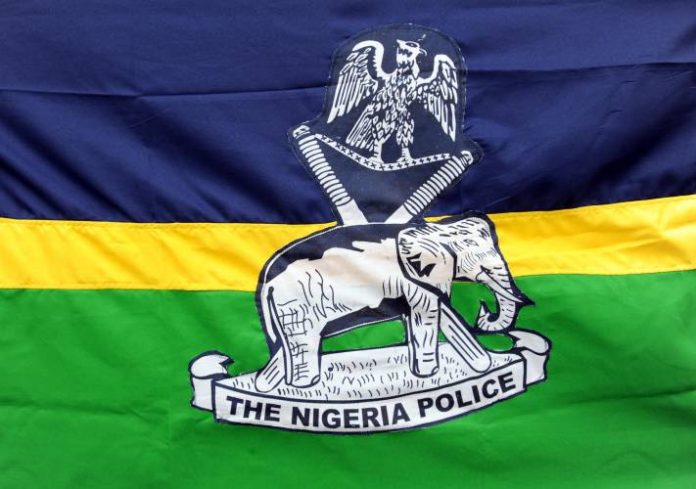Cape Verde has been on a marketing drive since independence from Portugal in 1975. With no natural resources and no industrial base Cape Verde has been wooing the tourism Euro (and before that the Deutsche Mark and Luxembourg Franc) for the past three decades.
It has seduced many rich European investors, especially the Ruling Family of Luxembourg which is happy to be acknowledged as the largest investor in the micro-nation, with a well-honed presentation about the investment virtues of “Africa’s Model Economy”.
It must be acknowledged, however, that Cape Verde is a parliamentary democracy that has witnessed peaceful transitions of power far more than many of its closest neighbours. Cape Verde’s tourism-dependent economy has been decimated by the COVID-19 induced collapse of air travel. This has forced Prime Minister Correia to promote his micro-nation as a “stepping stone into Africa” or an “economic corridor linking Latin America to Europe”. The endorsement of countries like Luxembourg has helped improve the credibility of Cape Verde’s aspirations which brings us around to 12 June 2020 and the events that led up to the arrest and detention of Alex
Saab.
On that day Venezuelan diplomat Alex Saab was undertaking a humanitarian Special Mission en route to Iran when his plane made a request for permission to land and refuel. Whilst Saab’s plane was on the ground, it was boarded by Cape Verde National Police who claimed to have an Interpol Red Notice for his arrest issued at the request of the United States.
Despite carrying (and showing) irrefutable proof of his status as a Special Envoy and the purpose of his humanitarian Special Mission, meaning that he had immunity and inviolability, Alex Saab was arrested and has been held illegally for twelve months pending an extradition process to the United States.
In arresting Saab, Cape Verde tore up the rule book which has governed the movement of diplomats and political agents for hundreds of years. Instead of telling Saab he was persona non grata, as is customary under international law when one country does not wish for the diplomat of a foreign state to be present on its soil, Cape Verde forced him from his plane and then made Saab purchase a visa on arrival (just in case he wanted to sample some of those famous white sandy beaches) and legally permitted him to entry the country and in doing so de facto recognised Saab’s very status which it is now questioning.
Within hours Venezuela invoked Saab’s immunity and demanded he is released to continue his mission to procure much-needed food and medicines for the people of Venezuela. But Cape Verde did not even reply to the formal diplomatic communication.
Venezuela immediately informed Interpol of its error in issuing the Red Notice against a diplomat who, as a Special Envoy, had both immunity and inviolability and Interpol, following an expedited review, cancelled the Red Notice on 25 June. That should have been the end of the matter, but Prime Minister Ulisses Correia wanted to do more for his new friends in Washington, he wanted to show that he could be a trusted and reliable partner. Like the boy bullied in the playground, he was eager to please.
Having broken centuries of established international law, one can only assume that Prime Minister Correia discovered lust for undemocratic illegal behaviour. When Interpol cancelled the Red Notice on 25 June, thus removing any fig-leaf of justification for Alex Saab’s continued detention, Correia ordered his government to stall the release of Alex Saab.
In response to Venezuela’s demands for Saab’s immediate release, Correia’s officials initially claimed that there was no one available to check the Interpol system for the cancellation message and then, incredibly claimed that law enforcement personnel could not find the cancellation message in the Interpol system and finally, best of all, the Minister of the Interior stated the copy of the Interpol cancellation message which was forwarded by Venezuela was a fake!
We now know that the purpose of this game was to buy time for the United States to be able to prepare and transmit a formal extradition request for Alex Saab which duly arrived on 29 June. The fact the extradition request was missing the first three pages and contained an arrest warrant in the name of someone other than Alex Saab it appears to create no problems for Ulisses Correia.
The trouble with wanting to be loved, as any former wallflower will tell you, is that you need to keep showing why you deserve to be loved. Ulisses Correia continued to show why he was deserving of a pat on the head from the United States by next ignoring a binding ruling handed down against his government (and logically not in the interests of his Washington friends) by the ECOWAS Court of Justice on 2 December 2020.
So, this is the depth to which Cape Verde has sunk under the leadership of Prime Minister Ulisses Correia. His decision to be a willing pawn of politically motivated judicial overreach is a conscious one. No rule cannot be overlooked, no request is too much if it comes from the right players. What this means for those with investments in the country, what it means for those white sandy beaches as they are decimated by trailer trash on furlough and what all of this means for the culture and identity of the good ordinary people of Cape Verde remains to be seen.
What has been evident from the start was duly confirmed last Thursday when Cape Verde Attorney General Luis Ladim admitted publicly that “the Alex Saab case has political consequences”. Three times in a matter of 13 days Cape Verde elected to take a political decision rather than follow international law regarding the detention of Alex Saab.
First, when on 12 June 2020, the arresting officer who boarded Alex Saab’s aeroplane was informed that Saab was a diplomat on a special mission and had the documents to prove it. The second was in the early hours of 13 June 2020, when, despite being directed by Venezuela that it was invoking Alex Saab’s immunity and inviolability, Cape Verde refused to release him.
Third and most egregiously, on 25 June 2020, when Interpol cancelled the Red Notice and thus provided Cape Verde a face-saving way to release Alex Saab, it refused and caved in to political pressure from the United States so that it could issue an extradition request 5 days later.

















